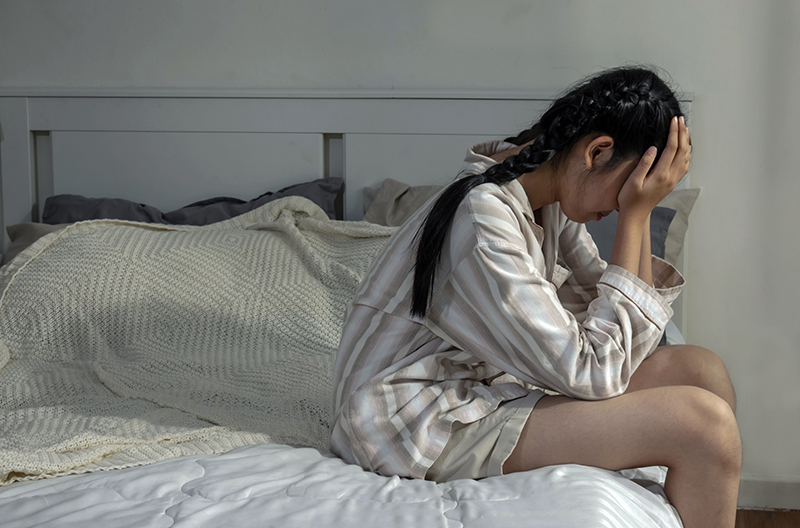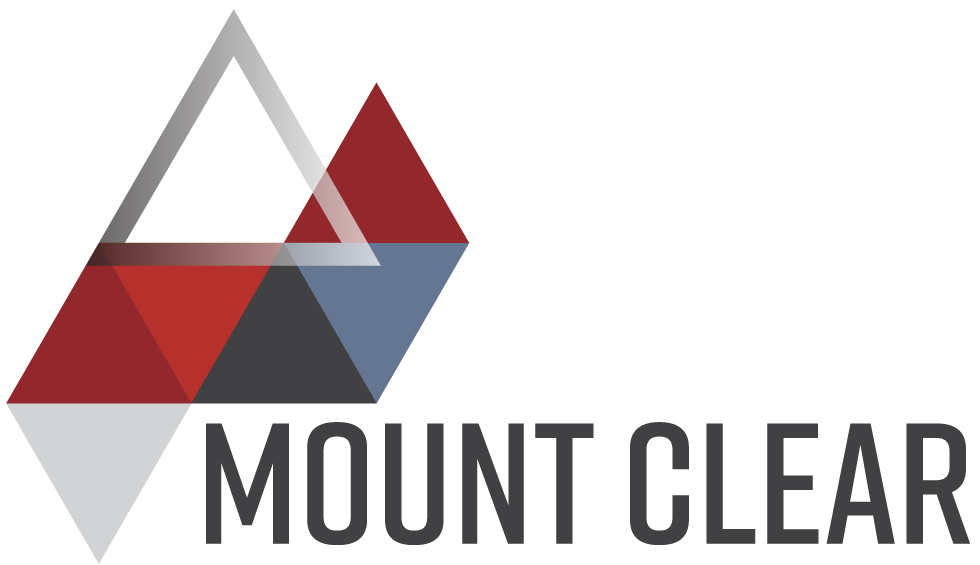Poor mental health in children and young people cannot be ignored
Economies stand to lose an estimated NZD$560 billion a year due to mental disorders among young people according to new analysis.
UNICEF Aotearoa New Zealand highlights the urgent need to support mental health and wellbeing in children and youth following the release of UNICEF's flagship report The State of the World's Children 2021; On My Mind: promoting, protecting and caring for children's mental health.

UNICEF's most comprehensive look at the mental health of children, adolescents and caregivers in the 21st century - even before COVID-19, children and young people carried the burden of mental health conditions without significant investment in addressing them.
According to the latest available estimates, more than 1 in 7 adolescents aged 10-19 is estimated to live with a diagnosed mental disorder globally. Almost 46,000 adolescents die from suicide each year, among the top five causes of death for their age group. Meanwhile, wide gaps persist between mental health needs and mental health funding. The report finds that about 2 per cent of government health budgets are allocated to mental health spending globally.
Michelle Sharp, UNICEF Aotearoa New Zealand CEO, says there are high numbers of young people with mental health issues in Aotearoa and the cost to society is significant.
"In Aotearoa, mental distress among youth has increased significantly over the last decade and around 21% of adolescent boys and girls aged 10-19 live with a mental disorder. Support for their well-being must continue to be prioritised and it will require a whole of society approach to ensure all children and whānau get the support they need."
The report recognises the importance of digital technology to support mental health and psychosocial support and credits SPARX, a computer game developed in New Zealand and funded by the New Zealand Ministry of Health, with finding an innovative solution to help young people with depression, anxiety or stress.
Professor Sally Merry, who led the team who created SPARX, says the technology sector is playing a valuable role in supporting mental health.

"We are living through exceptionally difficult times and our children and young people are having to deal with challenges we would prefer that they didn't have to face. At times like these it is important to provide tools that can help develop resilience," says Merry.
"Technology has its downsides, but it also provides a medium through which we can disseminate effective strategies known to support mental health, across countries, direct to the users, 24/7. SPARX teaches cognitive behavioural therapy skills and we have shown in rigorous research that it is effective. With government support, we have been able to deliver this to young people in all areas in New Zealand since April 2014."
Diagnosed mental disorders, including ADHD, anxiety, autism, bipolar disorder, conduct disorder, depression, eating disorders, intellectual disability, and schizophrenia, can significantly harm children and young people's health, education, life outcomes, and earning capacity.
While the impact of COVID-19 on children's lives is incalculable, a new analysis by the London School of Economics in the report indicates that lost contribution to economies due to mental disorders that lead to disability or death among young people is estimated at NZD $560 billion a year.
The report notes that a mix of genetics, experience and environmental factors from the earliest days, including parenting, schooling, quality of relationships, exposure to violence or abuse, discrimination, poverty, humanitarian crises, and health emergencies such as COVID-19, all shape and effect children's mental health throughout their lifetime.
While protective factors, such as loving caregivers, safe school environments, and positive peer relationships can help reduce the risk of mental disorders, the report warns that significant barriers, including stigma and lack of funding, are preventing too many children from experiencing positive mental health or accessing the support they need.

New Zealand is highlighted in the report as suicide and depression have been linked to experiences of racial discrimination among Māori young people and indigenous groups around the world also face discrimination-based risks to mental health.
Sharp says that New Zealand has commitments to both UNDRIP, UNCROC and Te Tiriti o Waitangi and we need to ensure all children have a nurturing and enabling environment for them to thrive.
"Mental health is unequivocally a human right. We must protect vulnerable children and their whānau and care for those facing the greatest challenges. While the statistics are sobering reading, we commend The New Zealand Government for their increased financial commitment to support mental health, and the dedication of schools, caregivers, community groups and those who are continuing to speak out and demand action to improve outcomes for our rangatahi."
The State of the World's Children 2021 calls on governments, and public and private sector partners, to commit, communicate and act to promote mental health for all children, adolescents and caregivers, protect those in need of help, and care for the most vulnerable, including:
- Urgent investment in child and adolescent mental health across sectors, not just in health, to support a whole-of-society approach to prevention, promotion and care.
- Integrating and scaling up evidence-based interventions across health, education and social protection sectors - including parenting programmes that promote responsive, nurturing caregiving and support parent and caregiver mental health; and ensuring schools support mental health through quality services and positive relationships.
- Breaking the silence surrounding mental illness, through addressing stigma and promoting better understanding of mental health and taking seriously the experiences of children and young people.
Article by Unicef New Zealand
Posted 5th October 2022
Published by Unicef
- enquiries@schooltv.me
- •
- +61 3 8538 1644
- •
- Ts & Cs
- •
- Privacy Policy
- •
- Get Alerts
- •
- © 2026 SchoolTV ANZ Pty Ltd

